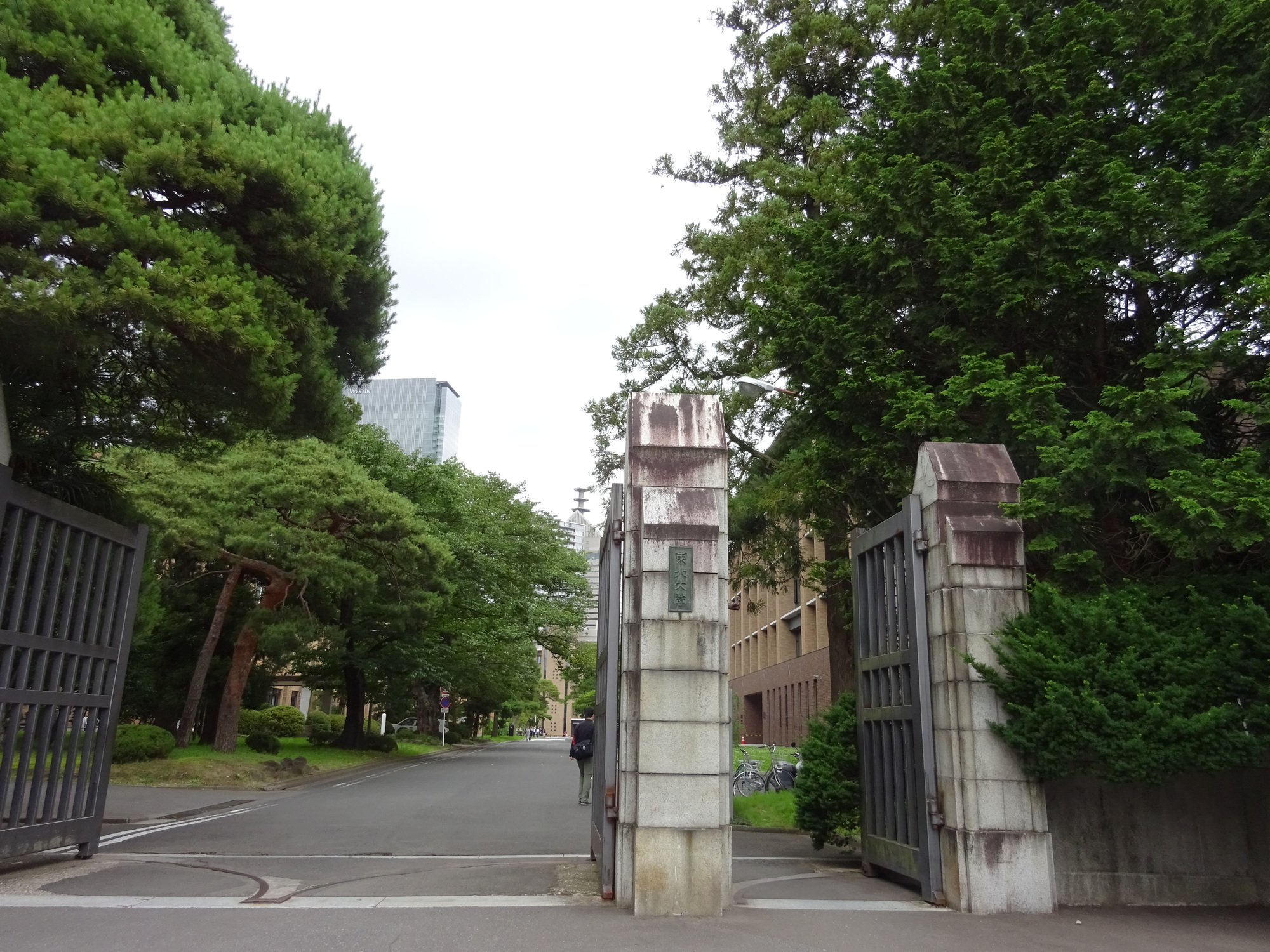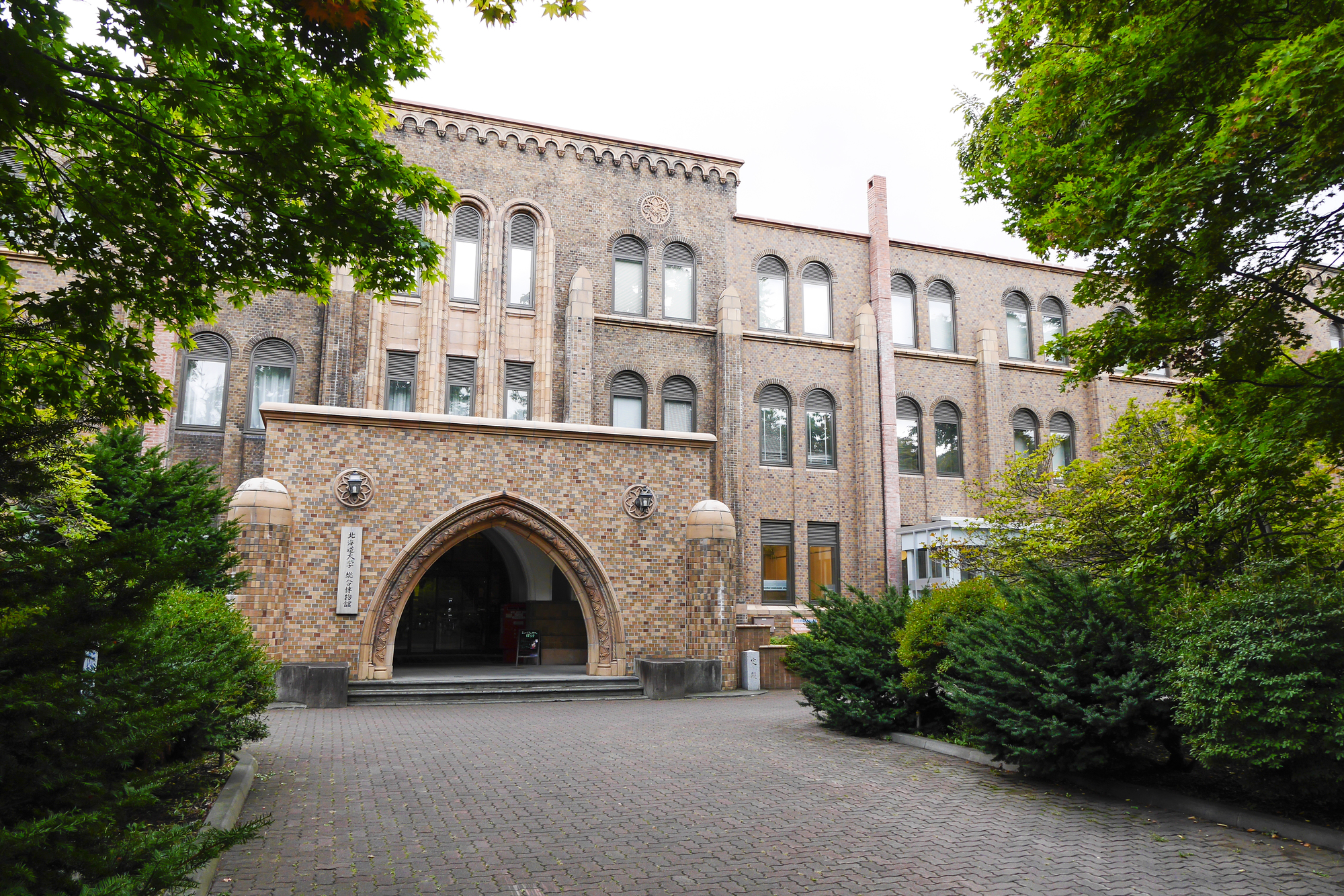The 50-kilometer-class microsatellite "DIWATA-1" jointly developed by the Ministry of Science and Technology of the Philippines, Hokkaido University, and Tohoku University has been handed over to the Aerospace Research and Development Organization (JAXA). DIWATA means fairy in Filipino and is the first microsatellite developed by a Filipino engineer.The Philippine government will bear the costs from development to launch and will be launched on a commercial spacecraft in the United States.
The delivered DIWATA-1 was housed in a sanitary loading case and sent from the Tsukuba Space Center to NASA.After the launch, it will be released into space from "Kibo" in the Space Experiment Building of the International Space Station.
The Philippine government is preparing for the creation of a space agency in line with the 2016 Asia-Pacific Space Agency Conference to be held in the Philippines. As the only international space station participating organization in the Asian region, JAXA has entrusted satellite development to cooperate with the development of science and technology in the Philippines and to provide a place for demonstration experiments in space.Tohoku University and Hokkaido University have accepted researchers to cooperate in human resource development in the Philippines.


